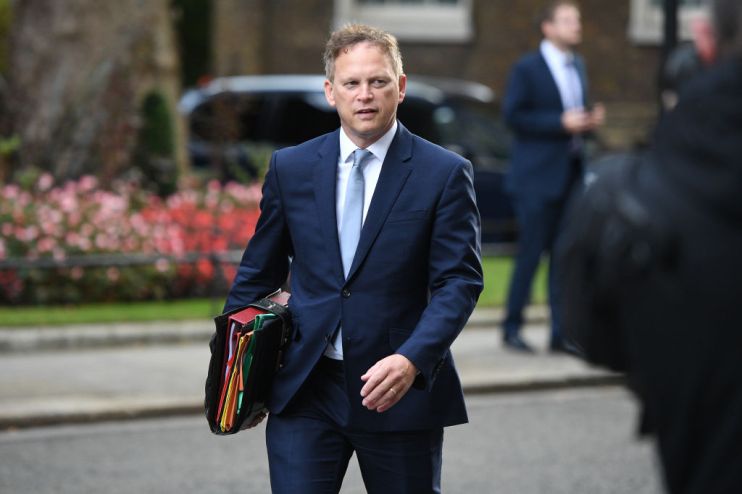London leaders urge government to let TfL keep £500m in vehicle duty ahead of new bailout talks

The leaders of the London Assembly’s political parties have come together to urge transport secretary Grant Shapps to allow the capital to keep the £500m it raises in Vehicle Excise Duty (VED) every year.
Led by Mayor Sadiq Khan, the leaders have written to the government asking that London receive its “fair share” of the funding.
They say the money can go towards fixing TfL’s battered finances, but Shapps has already expressed doubt about the proposal, saying it would not be fair on the rest of the country.
The letter comes ahead of a new round of negotiations between TfL and the government over a new funding package for the operator.
Currently the money raised by VED is used primarily for road maintenance outside of the the capital.
The letter said: “Only a small portion of national roads funding is intended for investment in London via the Major Road Network (MRN) fund.
“In practice, London has not received any of these funds, and any eventual allocation would be many times smaller than the contribution London makes through VED.
Before the Open: Get the jump on the markets with our early morning newsletter
“As a result, even before the pandemic, public transport fares were
effectively cross-subsidising road maintenance in London.”
The letter noted that multiple Mayors, including Boris Johnson, had backed proposals for London to keep the levy.
It finished: “Particularly in the context of our capital city’s large net contribution to HM Treasury – £38.8bn in 2019 – it is not fair to expect Londoners to effectively pay twice for the maintenance of our roads.
“We are therefore making a renewed cross-party statement asking you to let London retain its VED, which would go some way towards finding a long-term, sustainable solution to address the devastating loss of income TfL is experiencing and the enormous financial pressure London’s public services are facing.”
Plea sets stage for new bailout talks
City Hall has identified the levy as a potential means of fixing TfL’s devastated finances, which have been ravaged by the pandemic.
With passenger numbers down 95 per cent in the first lockdown, fare revenues – which make up about 70 per cent of the operator’s funding – all but disappeared.
But last week Shapps appeared to pour cold water on the suggestion, saying that Khan could not “just raid the national budget” to fix TfL’s finances.
With TfL’s current bailout package – its second so far – due to run out on 31 March, the disagreement raises the prospect of yet another testy round of negotiations.
Previous talks have been marred by accusations from both sides, with October’s round especially acrimonious.
The government has already forked out £3.3bn to keep the operator running, but imposed conditions such as the suspension of concessionary travel for under 18s and over 65s.